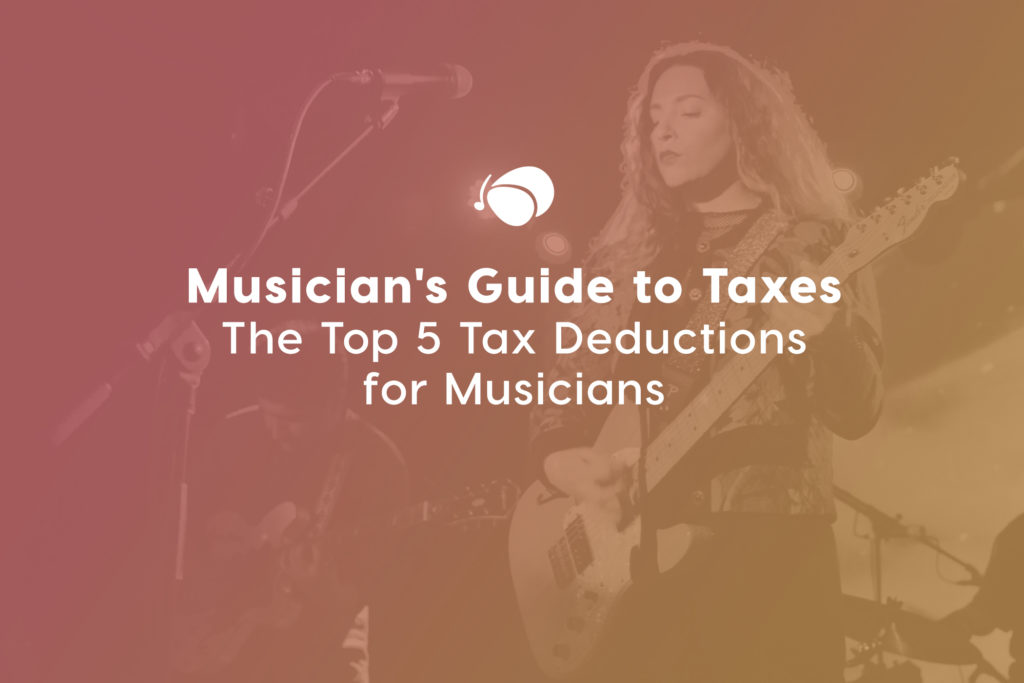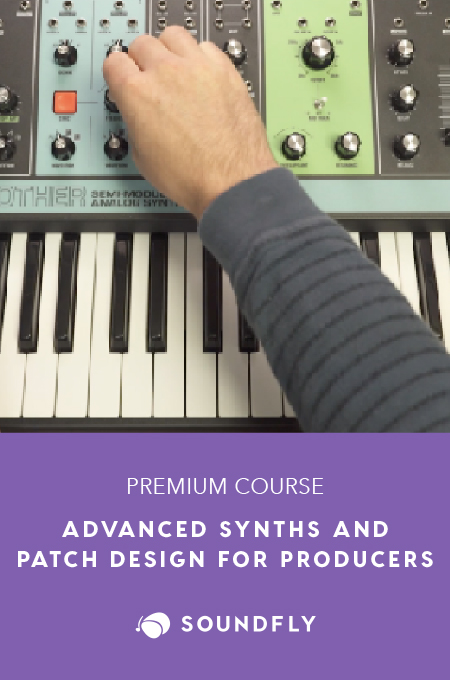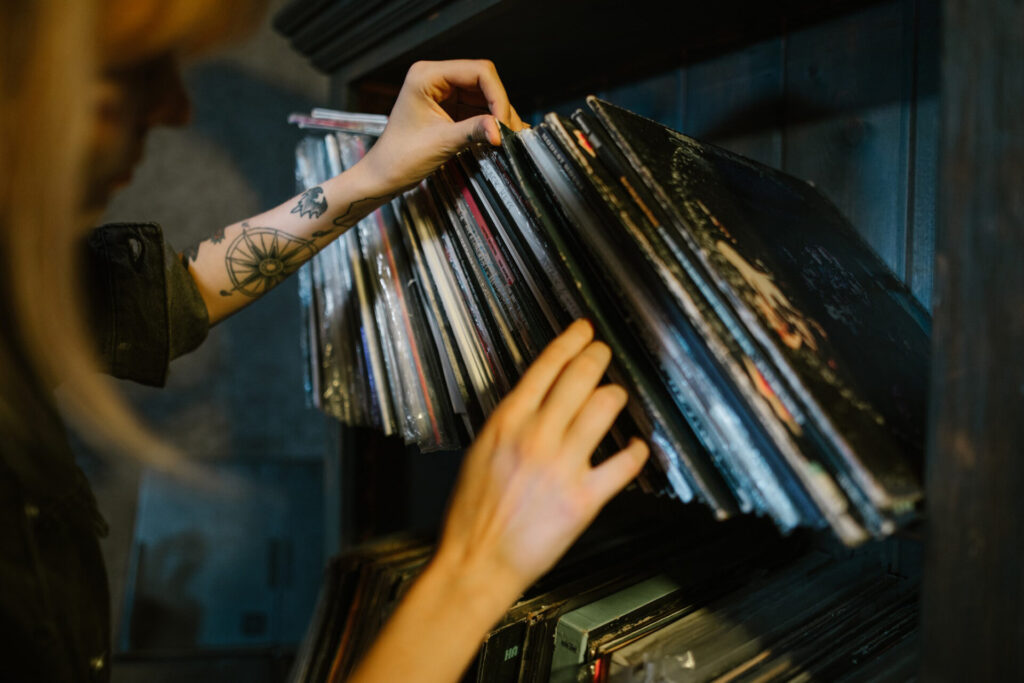+ Our brand new course with The Dillinger Escape Plan’s Ben Weinman teaches how to make a living in music without making sacrifices. Check out The Business of Uncompromising Art, out now exclusively on Soundfly.
Disclaimer: The information contained in this article is general legal information only. Consult your attorney and accountant for all specific considerations.
Taxes; we all pay ‘em and love to hate ‘em!
But not all taxes are paid equally. Yes, of course, there are brackets involved which determine how much you ultimately “owe” to the government, but many musicians are completely unaware of the plethora of deductions that exist to help them lower their tax burden. Translation: you could be bringing home more and paying less!
Here are the Top 5 tax deductions you should be taking advantage of right now.
1. Instruments, Gear, and Equipment
Musicians invest a tremendous amount of money in their instruments, musical gear, and equipment. Whether it be your guitar collection, strings, amp, cables, cases or stands, all of these things and more are usually considered capital expenses. These are things you pay for up front, but use over many years to earn money in your music career. For example, the IRS allows taxpayers to “expense” up to $500,000 of equipment alone, in addition to writing off the full cost of the purchase!
Then for any other items of which the full upfront cost cannot be claimed as a business expense, you may still be able to claim it in smaller increments over time through depreciation. Depending on the specific item, the depreciation can be written off between one and seven years.
This is a huge money savings over time! And always remember to keep your receipts — even things like instrument repairs, gear upkeep, recording equipment, and the cost of consumable goods like rosin count toward lowering your tax bill.
2. Travel to Rehearsals, Music Events, Performances, and More
From your gas and parking fees, to public transit and Uber costs, travel expenses are also an often overlooked deduction opportunity for musicians.
For driving, you can write off your mileage and related costs for utilizing your car to get to and from rehearsals, shows, and even going to see other artists perform! Your vehicle can be depreciated as well, along with taking other deductions toward the insurance, repairs, etc. As long as your travel is toward your music career purposes, it is deductible.
Even the cost of going to a concert can be deducted, as this is not only enjoyable, but also constitutes research and education toward current musical trends. Overnight stays at places like hotels and Airbnbs, and your costs to get to an audition, co-writing session, educational workshop, or recording studio can also be used as write-offs since business travel is 100% deductible for tax purposes.
+ Learn production, composition, songwriting, theory, arranging, mixing, and more; whenever you want and wherever you are. Subscribe for full access!
3. Home Workspace and Office
Your music career likely runs you some regular monthly costs that are associated with your home workspace, studio, office, or rehearsal room. If you want to take advantage of the home office deduction allowed by the IRS, you’ll first have to figure out how much of your space would qualify (what percentage of your space that is dedicated solely to this part of your business), and then you’ll get to write off all related costs like mortgage/rent, utilities, and insurance.
If you work outside of the house, any other costs associated with places you rent (like for a rehearsal room, teaching space, equipment storage facility, or booking fees for recording studios, etc.) would also be eligible for a tax deduction.
4. Meals
Whether you are sharing a meal over a potential collaboration, tour prepping, brainstorming your next album, or talking business with an agent, promoter, producer, lawyer, accountant, manager, or anyone else working with you on business, you are entitled to a 50% deduction on that bill. This adds up tremendously over time (and may sway you over the fence on ordering that extra side of parmesan truffle fries!).
But honestly, any time you are going out to grab a bite to discuss anything related to your music career, keep those receipts along with a written record to document your discussion so you can enjoy all the benefits when tax time comes!
5. Basic Business Expenses
Every serious musician gets to the point when it’s time to professionalize their craft. The costs associated with doing so are also going to be beneficial deductions you’ll want to be aware of.
Some of these incurred expenses would be:
- Registering for a business license,
- Starting an LLC,
- Maintaining insurance,
- Membership fees to professional organizations (like ASCAP, NAMM, the Recording Academy, etc.),
- Professional services from accountants and lawyers,
- And the cost of maintaining your website, phone, email accounts, and more.
Being organized with the money you spend on your music business is key in making sure you’re earning and saving as much as possible, and making the most out of all of the tax deductions available to you!
Improve your music with creativity & curiosity on Soundfly.
Subscribe to our YouTube channel for weekly videos, or join Soundfly’s all-access membership to all of our artist-led online music courses, an invite to join our Discord community forum, exclusive discount perks from partner brands, access to artist Q&As and workshops, and more.





